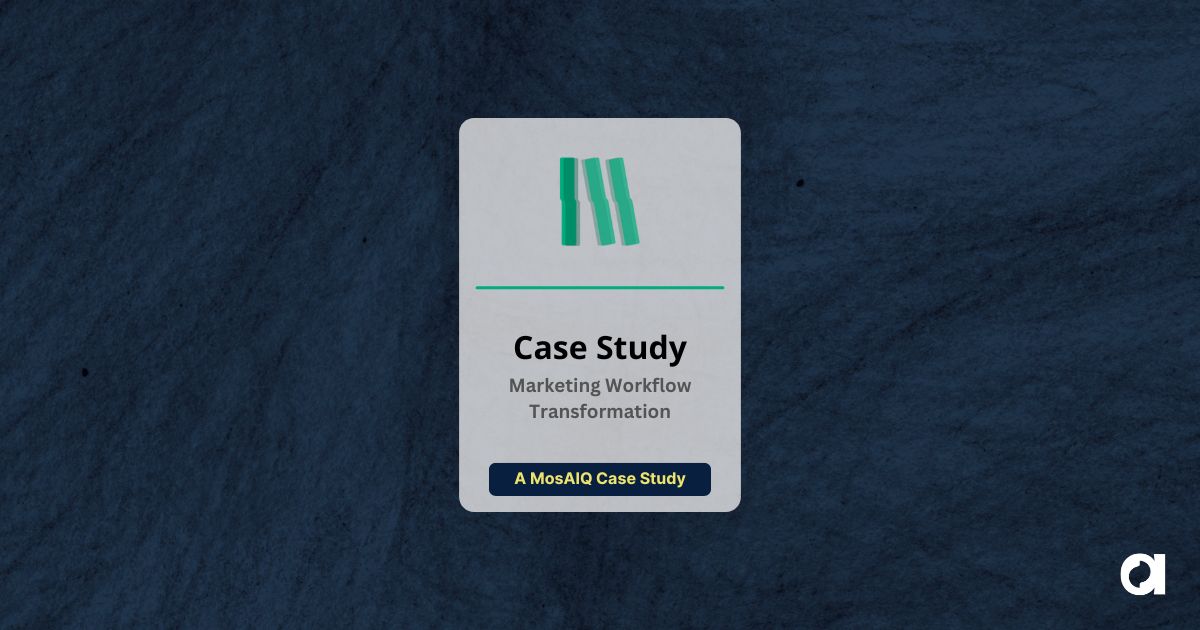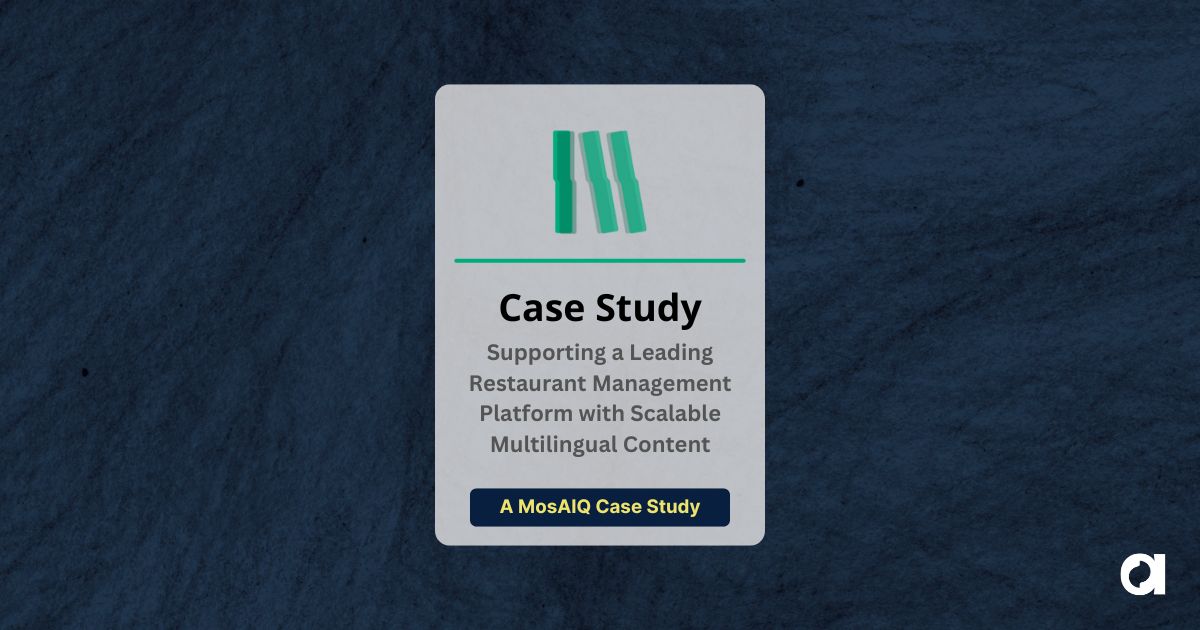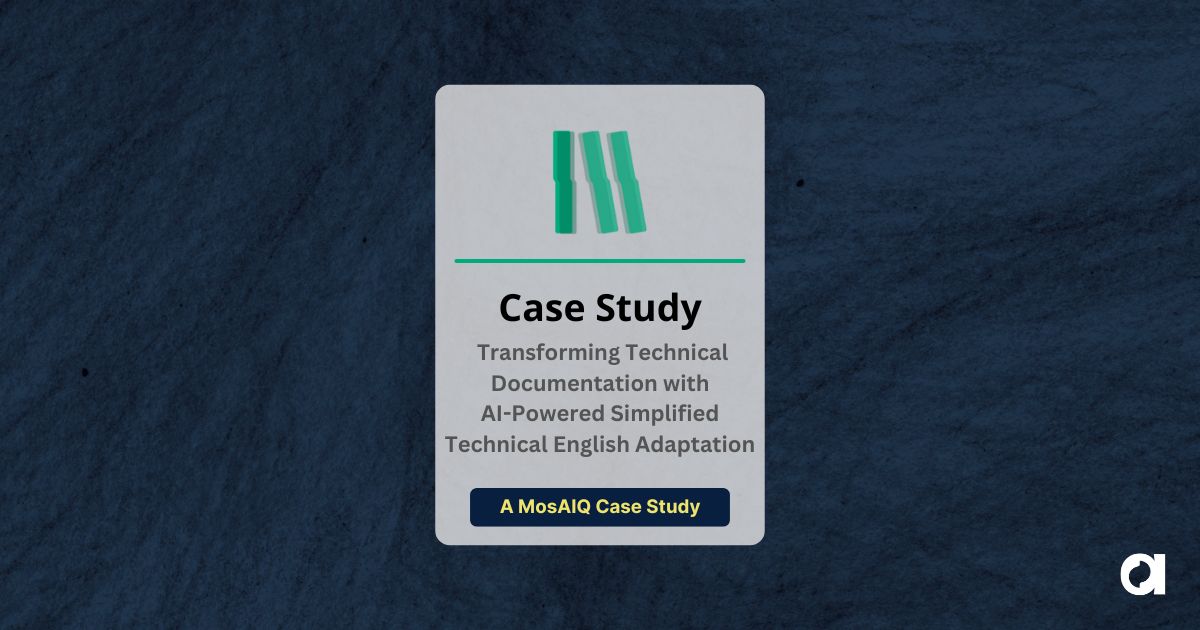As the official language of 22 countries, it’s no wonder that businesses are looking to invest in Arabic SEO. But how is it actually done? As part of our iSEO video series, we spoke to Heba Said, to learn more about Arabic SEO and why starting with her home market of Egypt is the perfect first step.
Egypt Market Overview
Home to over 112 million people (2022), Egypt is not only the most populated country in the MENA region, but it’s also the largest online market, too. In Egypt alone, over 60 million people are internet users, covering 53% of the Egyptian population.
Egypt is also a great place to start off if you’re looking at expanding into the MENA region as a whole, as Egypt is the media hub of the Arabic world. This means that if you’re able to succeed with Arabic SEO in Egypt, it’ll make expanding into the rest of the middle east much easier.
For Arabic SEO, do you need different varieties of Arabic? Or not?
In the Arab world, there are two versions of Arabic you’ll come across. These are classical Arabic and Modern Standard Arabic. Classical Arabic isn’t used all that much anymore due to it’s complex grammar, so all you really need for Arabic SEO is Modern Standard Arabic. Luckily, Modern Standard Arabic is standardized across the Arabic-speaking world, which means you’ll only have to consider different dialects and slang (which vary country by country) if you’re running a B2C campaign targeting young users in a certain country. Some contemporary websites do this, but it’s not all that common, and they usually have a very specific target audience.
Of course if you want to expand into the MENA region you’ll have to invest in Arabic SEO, but English is widely spoken as a second language. Plus, certain countries like Algeria and Tunisia also speak French as their second language.
Directions are important!
Arabic is written right to left, and that’s a massive mistake lots of companies make, by having their online content right to left, which is pretty much backwards. It’s vital you keep this in mind when planning your Arabic SEO efforts, and we recommend having your website checked if you’re uploading your content yourself to make sure it’s written in the right direction.
Search engines needed for Arabic SEO
In Egypt and the rest of the Arabic speaking world, Google is the main search engine you need to be optimizing for. Egypt even has a 97.5% market share for Google, with Bing and Petal Search (Huawei) coming in second and third.
All the Googles
As there are so many countries that speak Arabic, it means there are lots of local Google sites too! If you’re targeting a specific country in the Middle East, make sure that you’re familiar with the local Google domain people are using.
Biggest mistakes foreign companies make with Arabic SEO
Hreflang tags
It’s really important that you’re not serving the English version of your site to Arabic speakers. This is why having the correct hreflang tags is so important for Arabic SEO. Using “ar” means that you’re serving an Arabic language page, plus you can break this down even more to specify different countries, e.g. ar-eg for Egypt.
We’ve got a blog post on hreflang tags if you’d like to learn more about how to implement them correctly, along with a list of the correct tags for all of the different Arab speaking markets.
If you look at Apple and Canva, you can see that they’re following best practices by having separate sites for different Arabic speaking markets, and specifying which countries they’re targeting correctly.
Mobile first
Just like many of the other markets we’ve explored in our iSEO video series, making sure your websites are optimized for search is vital. This is because a whopping 90-95% of searches in the Arab world are made from mobile devices.
On-page optimization
When you’re optimizing your website content, you need to make sure that you’re using Arabic keywords, which we’ll touch on in more detail a bit later. You also need to make sure your content is set up for right to left languages, and that you’re localizing your content so it’s suitable for an Arabic audience.
Arabic Keyword Research
When you’re looking for Arabic keywords, don’t expect to find keywords with search volumes of the 1000s. Unfortunately keyword research tools don’t quite give the same volumes as they do for English or Spanish for example, so the majority of the time, keyword research for Arabic is done by looking at the SERPs and choosing keywords that have a volume of around 10.
Here you can see an example of how many more options you get in English compared to Arabic for the keyword Montessori, which is a popular teaching method in both markets.
The main tools for Arabic keyword research are:
- Keyword Planner Alternative
- Keywords Everywhere
- Google Trends
- Google Keyword Planner
- SEMRush
- Ahrefs
- AlsoAsked – which is a great tool for PAA keywords
Egyptian consumer behavior and how this impacts Arabic SEO
- Egyptians like to window shop
- Egyptians prefer imported over local products
- Consumers always tend to go for cheaper products that are good quality
- Before buying, consumers ask others for their experiences with the products, making word of mouth very important
Arabic cultural considerations
As with any country, it’s really important that you are respectful to local traditions and culture. Many companies make the mistake of talking about Western cultural elements in their Arabic copy, for example referring to drinking, when actually for Arabic SEO, you need to remember that alcohol isn’t something that would be deemed acceptable.
Some other examples are:
- Arab culture is highly influenced by shame and honor
- Most Arabs are religious, and they expect you to be respectful of this
- The majority of Arabs are young, with many Gulf states having a population where 50% are under 25
YouTube and video are vital parts of an Arabic SEO strategy
Arabs are the biggest Youtube content consumers in the world, so make sure you’re integrating videos into your Arabic SEO strategy. Most of the top results in Arabic SERPs are actually Youtube videos.
Egyptian online shopping culture
- The majority of consumers in Egypt still prefer to pay in cash after physically checking a product
- You also need to make sure that you have plenty of payment options
- People like comparing prices online vs the prices of local shops
- Social media and influencer reviews are really important to Egyptian consumers
- 9% of Egyptian internet users have used their mobile phone to search for products
- 6% of internet users have made a purchase online after searching for a product
Backlinking for Egyptian and Arabic SEO
In Egypt and the Arabic world, websites can rank well with a very limited domain authority as banklinking isn’t as developed as it is in other markets. This is great for new companies getting started with Egyptian and Arabic SEO because you can rank with fewer links than you’d needed in English speaking markets.
Here you can see an example from both an English SERP and Arabic SERP looking for “best phones”. The English you can see has a lot more authority than its Egyptian counterpart. Plus ads take up much less space in the Arabic SERP than they do in the English.
The reasons behind this are:
- Backlinking is very monetized in Egypt and other Arab markets
- People are actually building websites for the purpose of selling links and that’s very common practice
- Forums are used a lot for linking websites, and linking on forums might be needed if you’re going up against an established competitor
- Journalists didn’t even use to include backlinks in their articles until very recently
- But you can get in touch with Arabic journalists via LinkedIn of Facebook to see if they will include backlinks for you
- Most importantly, make sure you have a budget set aside for backlinking!
Final thoughts
As you can see, there is so much potential in the world of Arabic SEO, and we hope we’ve inspired you to take a deeper dive into Egypt and other MENA markets. If you need assistance, please feel free to get in touch.
Watch Heba’s episode
About Heba
Heba has been working as an SEO for over 7 years, having worked in multiple roles from agency to in-house and everything in-between. She got into the world of SEO by chance after landing a job in the industry after studying programming, and hasn’t looked back!
 Argos Multilingual
10 min. read
Argos Multilingual
10 min. read
As the world’s 4th largest economy by GDP, and the 4th highest disposable income per capita, Germany is a powerhouse that many international companies are looking to expand into. But how should you go about your German SEO? To answer this question, we spoke to Nina Sattler-Hovdar as part of our iSEO video series. Key […]

 David de Alfonso
4 min. read
David de Alfonso
4 min. read
It’s inspiring to think about how far speech-to-text (STT) technology has come over the years. When this tech was first introduced, it was considered groundbreaking for its ability to convert spoken language into written text. The promise of potential was there, but it had a long way to go before it got to what it […]











